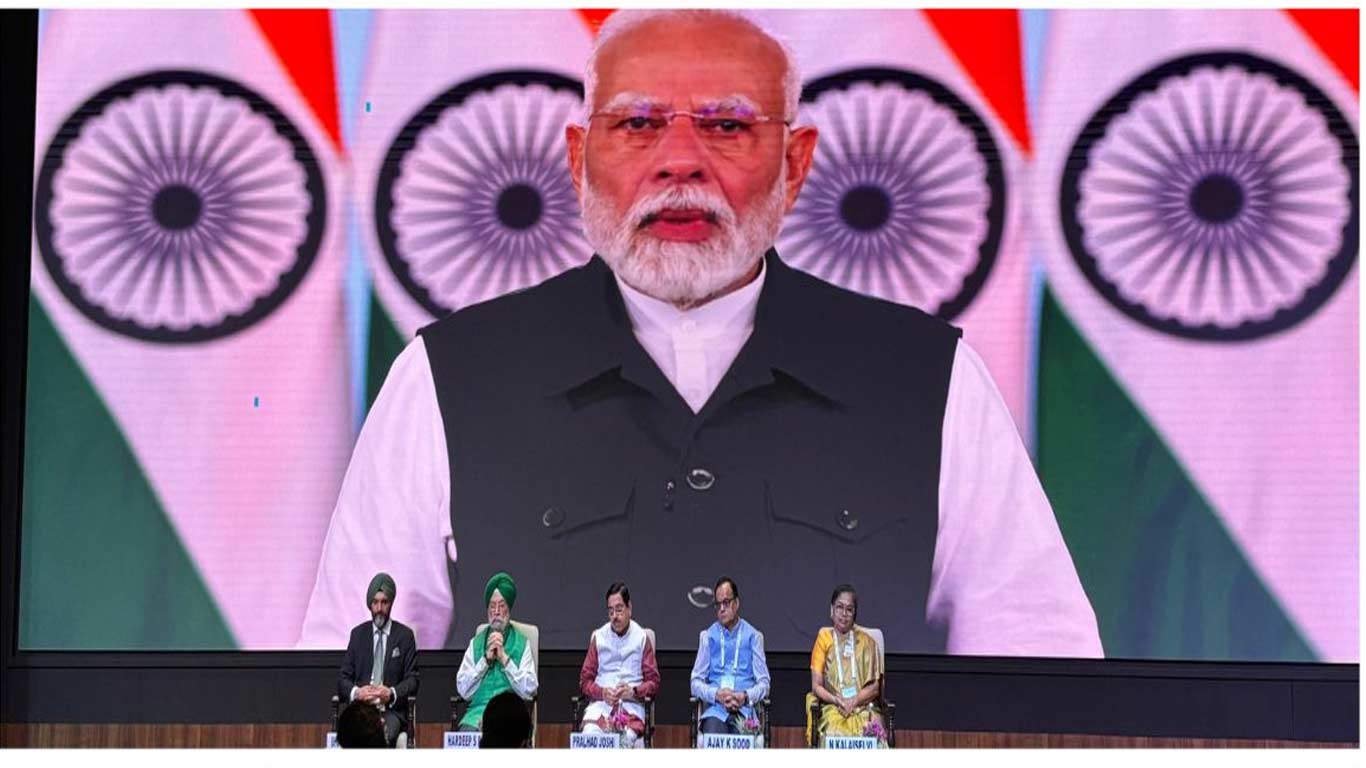India's Green Hydrogen Leadership: Paving the Way for a Sustainable Future
Key Ideas
- Prime Minister Modi announces India's early achievement of Paris Agreement commitments on green energy, propelling the country as a climate leader.
- India showcases significant growth in non-fossil fuel capacity and solar energy, highlighting a strong focus on clean energy solutions.
- Green Hydrogen Mission launched in 2023 aims to position India as a global hub for green hydrogen production, utilization, and export.
- Modi calls for global cooperation to scale up green hydrogen infrastructure and production, emphasizing the importance of collective solutions to combat climate change.
Prime Minister Narendra Modi of India announced the country's achievement in fulfilling its Paris Agreement commitments on green energy, positioning India as a climate leader within the G20 nations. Modi emphasized the urgent need for action to combat climate change and highlighted India's significant increase in non-fossil fuel capacity, particularly in solar energy. The Prime Minister underscored the importance of innovative technologies and introduced green hydrogen as a key component in decarbonizing industries like refineries, fertilizers, and steel. India's Green Hydrogen Mission, initiated in 2023, aims to establish the country as a global hub for green hydrogen production, utilization, and export. Modi also stressed the government's investment in research and development, partnerships between industry and academia, and the promotion of start-ups in the green hydrogen sector. Furthermore, he called for international cooperation to enhance green hydrogen infrastructure and production, emphasizing collective efforts to address climate change on a global scale. The recent G20 summit in New Delhi saw leaders align on principles for a unified hydrogen roadmap, reflecting the significance of global collaboration in tackling climate challenges.
